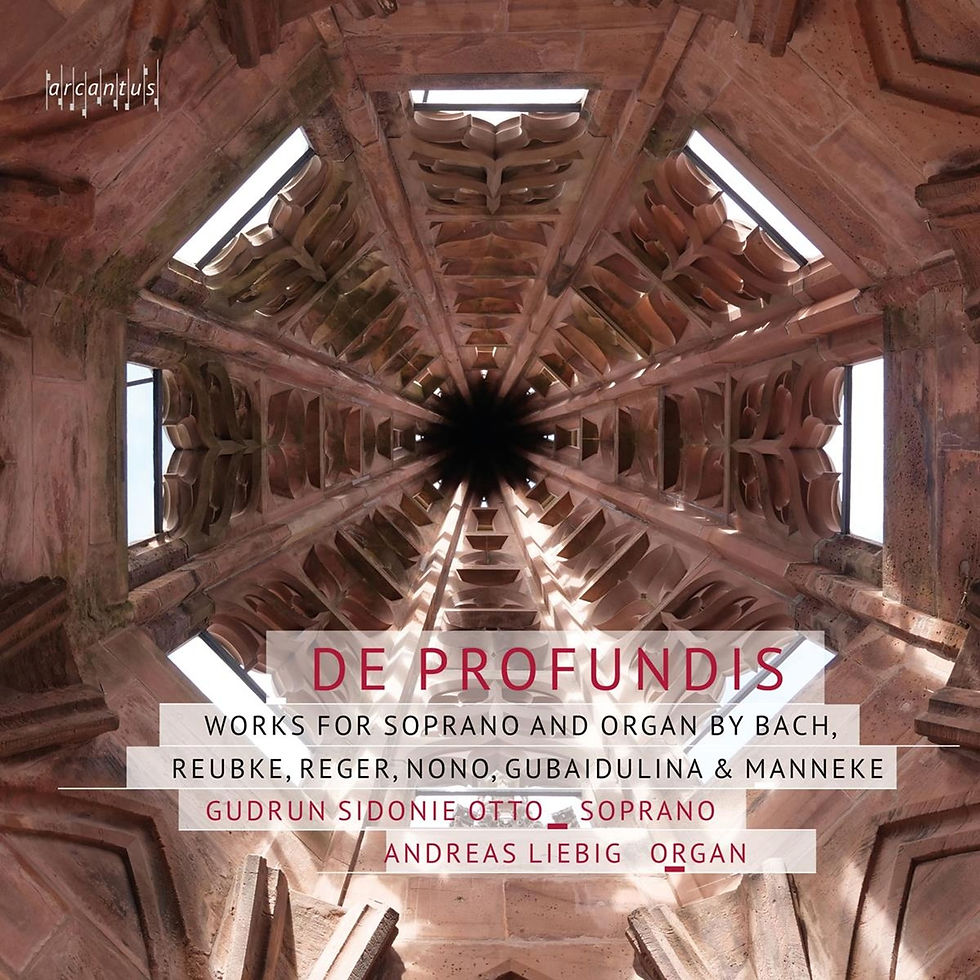"surprising Tango Time"
- Adrian Quanjer, HRAudio.net
- 1. März 2024
- 3 Min. Lesezeit
"!In my view, the violoncellist Friedrich Kleinhapl is a non-conformist and committed to a wide range of music, just like his one-time Austrian pianist and ‘comrade in arms’ Friedrich Gulda, whose cello concerto I reviewed some six years ago with Kleinhapl as soloist (Gulda meets Shostakovich - Kleinhapl, Piehlmayer). In other words, an out-of-the-ordinary musician, doing more than just playing on stage. He has joined his wife, Heidrun Maya Hagn-Kleinhapl, in special projects like ‘Get a Hearing’ for hearing-impaired children and ‘Art for all the senses’ nurturing the interest of young people for classical music. One of these projects is “Pasión Tango – the dance”, danced by Maria Yakovleva and Richard Szabo from the Wiener Staatsballet.
This ARS release may, therefore, be seen as a follow-up on that theme. In his liner notes Kleinhapl refers to a decree of 1927 from the Apostolic Administration of Burgenland by which “modern, international dances” were condemned, and the discovery of a three-year older letter by which it was already banned at the higher Vienna Cardinal’s level. Sufficient reason, so it seems, for Kleinhapl to dig deeper. These notes are suggestive reading indeed. Don’t miss it.
The history of the Filharmonie Bohuslav Martinů is just as interesting to read. The orchestra portrays itself as a versatile body taking on, next to performing classical music, Jazz, Rock, Chanson, Pop and Film Music. For the record: It is perhaps noteworthy that Jakub Hrůša, now Chief Conductor of the Bamberger Symphoniker and from 2025 onward Music Director of the Royal Opera Covent Garden, was once one of their conductors.
With all the ingredients in place for a remarkable recording entitled: ‘Gran Passión Tango’, I started my listening sessions of this surprising Tango Time.
It goes without saying that Astor Piazzolla is the main provider of this programme, and I suppose that also Gerardo Hernán Matos Rodrigues’s ‘La Cumparsita’ Tango is widely known. Kleinhapl has furthermore selected some lesser-known composers from Argentina, like Luis Enríquez Bacalov, a competent film composer (Assassination Tango, Robert Duvall), Ángel Gregorio Villoldo Arroyo, one of the pioneers of tango music, and also the British composer, John Powell. El tango de los Assassinos from the same film Assassination Tango.
In this adventure, arranged for cello and orchestra by Alexander Wagendrister, Andreas Woyte/Leos Kuba, Kleinhapl gets a perfect showcase demonstrating his virtuosity with inserted fast-fingered solo work in ‘La Cumparsita’, staunchly supported by the Czech orchestra, led by Robert Kružík. It set the tone for the rest of the programme, in which listeners will surely admire his lovely and compassionate playing in Astor Piazzolla’s ‘Milonga en Re’.
For me, this confirms that Kleinhapl’s strength lies most convincingly in the slower melodies like Piazzolla’s ‘Melodian La Menor’ and ‘Café1930’. All played sensitively with excellent craftsmanship. In the more demanding pieces, and following his almost uninhibited enthusiasm, his virtuosity tends to overshadow his tonal stability.
The recording was made in the Congress Centre, Zlín, Czech Republic, home of the orchestra, and supervised by sound engineer, Roman Halašta. I’m not familiar with the acoustics, but the result is quite good, albeit that the soloist is rather prominently centre stage in the surround mix.
Lovers of Latin-American Tango will find much to admire in the musical vision of an impassioned cello player supported by an orchestra that is fully up to the mark, though a shade more ‘Latin’ touch would have further enriched this remarkable release."












Kommentare